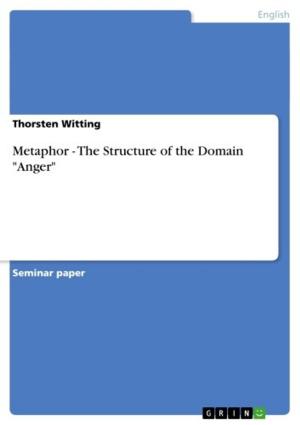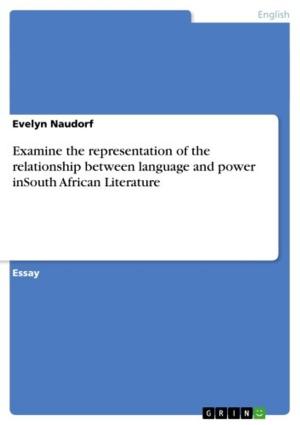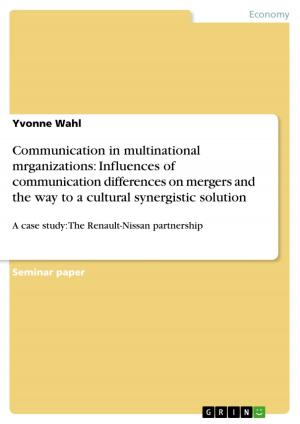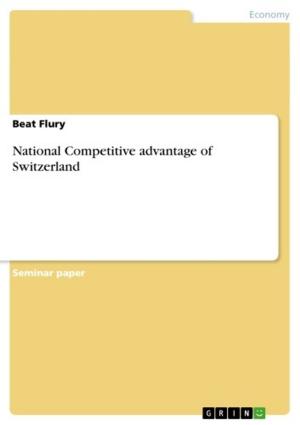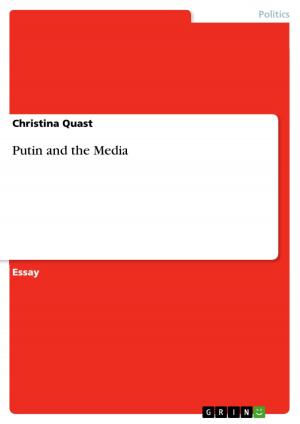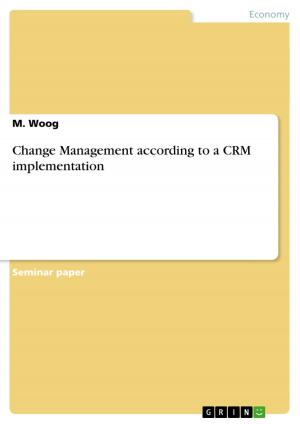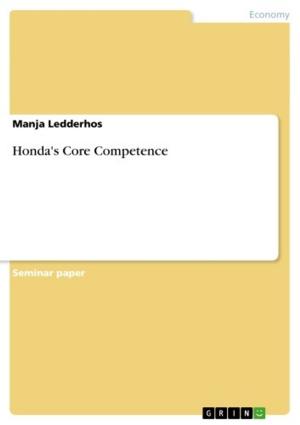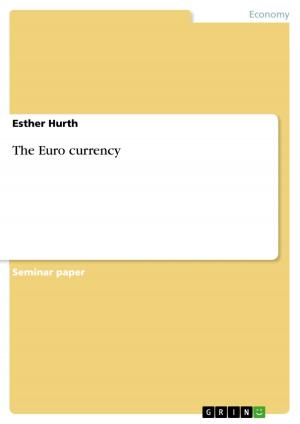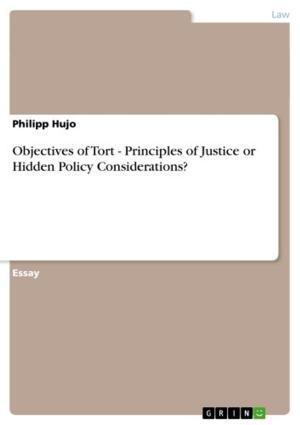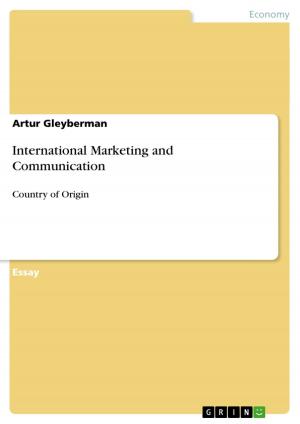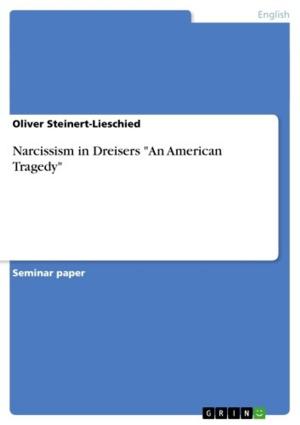Terror and Liberty - The Construction of a National Image and the Manufacturing of an Enemy in the United States
Nonfiction, Entertainment, Drama, Anthologies| Author: | Thomas Plöger | ISBN: | 9783640269518 |
| Publisher: | GRIN Publishing | Publication: | February 17, 2009 |
| Imprint: | GRIN Publishing | Language: | English |
| Author: | Thomas Plöger |
| ISBN: | 9783640269518 |
| Publisher: | GRIN Publishing |
| Publication: | February 17, 2009 |
| Imprint: | GRIN Publishing |
| Language: | English |
Examination Thesis from the year 2005 in the subject American Studies - Culture and Applied Geography, grade: 1,00, Carl von Ossietzky University of Oldenburg, 50 entries in the bibliography, language: English, abstract: This paper contains an analysis of the rhetoric that was employed by President George W. Bush to describe the events of 9/11 and their consequences. This interest arises from the assumption that the presidential rhetoric had a powerful influence on the chain of events that followed after the attack on the WTC and that many if not most of the initial reactions were based on meanings that were constructed by the government. It is the task of this essay to show that the most crucial influences that the President had on the discourse were his constructions of the American people and the terrorist enemies and his definition of the 9/11 attacks as an act of war. The rhetoric that was used to convey these concepts is, in its terminology and imagery, specific to US American culture. It therefore largely works, as this essay intends to show, within a specifically American framework of cultural references. The essay isolates a number of narrative paradigms that the presidential rhetoric either adopts or constructs and keeps returning to as motifs for the construction of its overall rationale.
Examination Thesis from the year 2005 in the subject American Studies - Culture and Applied Geography, grade: 1,00, Carl von Ossietzky University of Oldenburg, 50 entries in the bibliography, language: English, abstract: This paper contains an analysis of the rhetoric that was employed by President George W. Bush to describe the events of 9/11 and their consequences. This interest arises from the assumption that the presidential rhetoric had a powerful influence on the chain of events that followed after the attack on the WTC and that many if not most of the initial reactions were based on meanings that were constructed by the government. It is the task of this essay to show that the most crucial influences that the President had on the discourse were his constructions of the American people and the terrorist enemies and his definition of the 9/11 attacks as an act of war. The rhetoric that was used to convey these concepts is, in its terminology and imagery, specific to US American culture. It therefore largely works, as this essay intends to show, within a specifically American framework of cultural references. The essay isolates a number of narrative paradigms that the presidential rhetoric either adopts or constructs and keeps returning to as motifs for the construction of its overall rationale.

